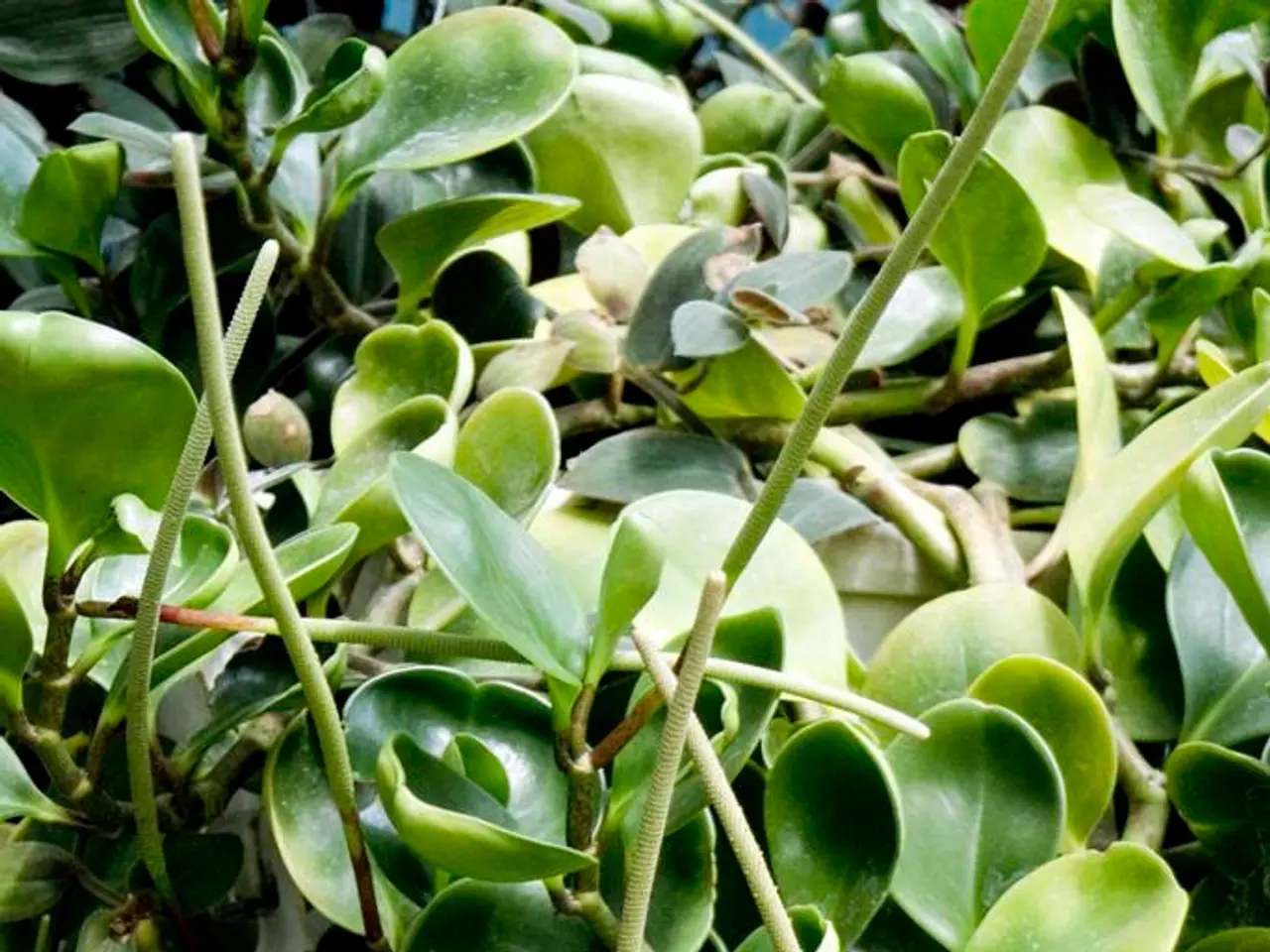Dresden's Leaf Filter Purifies Water in an Eco-Friendly Manner
Researchers at the Technical University of Dresden (TU Dresden) have introduced a groundbreaking solution for sustainable water treatment – Leaftronics. This nature-inspired technology, led by Hans Kleemann, is designed to address the challenges of clean water in polluted regions. Leaftronics is built upon a technology that mimics the natural structure of leaves, producing biodegradable substrates, or polymers. These polymers, known for their high temperature resistance and chemical stability, can be recycled, making them an ideal choice for sustainability. The unique selling point of Leaftronics lies in its eco-friendly metallization process. This process coats the leaf structures with either silver or copper, transforming them into highly effective antimicrobial networks. These networks have shown promise in removing stubborn pathogens like E. coli and fecal coliform bacteria from contaminated water. Initial tests on the Leaftronics system measured the amount of silver ions released from the coated structures into the water. The results were encouraging, as the release of silver ions was found to be five times lower than the acceptable limit, suggesting that the system is ecologically safe. The Leaftronics system has demonstrated its ecological safety in initial tests and has shown promise for use in real-world applications. It can process both laboratory-prepared samples and real sources like municipal wastewater. Moreover, these antimicrobial networks could potentially be used in various electronic devices, contributing to a more circular electronics industry. The Leaftronics technology could potentially help mitigate the global e-waste problem by offering a solution that is both sustainable and efficient. The Leaftronics approach is inspired by the fractal patterns and vein network of leaves, which ensure the survival and growth of plants. This technology, recently presented to the scientific community, is now being followed up with another application in sustainable water treatment. In conclusion, Leaftronics offers a potential solution for clean water in polluted regions, while also contributing to a more sustainable and circular future. Its eco-friendly metallization process, combined with its biodegradable substrates, makes it a promising technology for the future of water treatment and electronic devices.
Read also:
- High recovery rate for over 90% of patients, asserts the head physician of Almaty's 32nd polyclinic, regarding mobile treatment groups.
- Bee colonies in Zirndorf city have been affected by American foulbrood - a designated restriction zone has been established - no immediate threat to local residents.
- Federal Health Care Blueprint for 2026 Revealed by OPM Outlining Key Strategies and Objectives
- Unveiling the Undiscussed Issues of Earbuds: Revealing the Silent Reality





